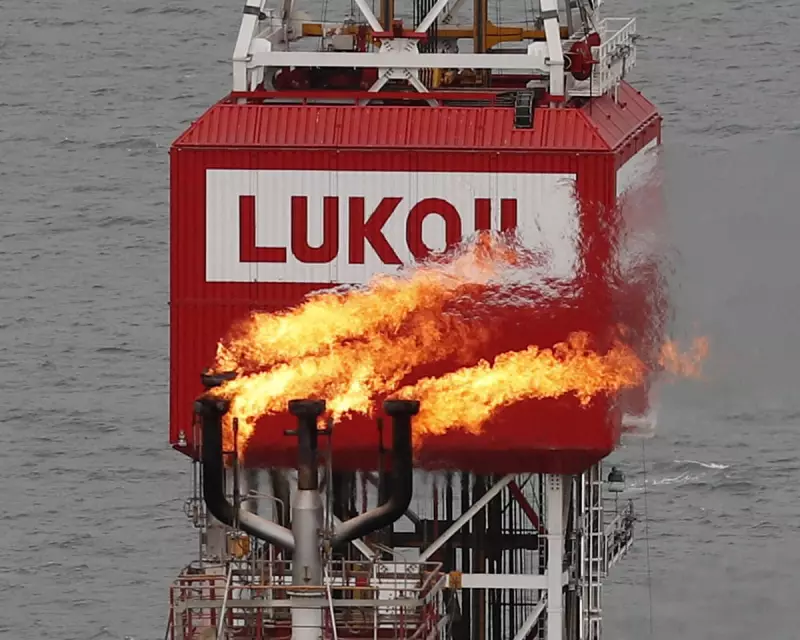
Russian oil giant Lukoil is conducting an emergency fire sale of its European assets, rushing to offload nearly $2.7 billion worth of infrastructure before new American sanctions come into force. The company is attempting to liquidate key holdings across Italy and other European nations in what analysts describe as a desperate bid to salvage value before financial restrictions tighten.
The Pre-Sanctions Asset Dump
According to documents reviewed by The Guardian, Lukoil has placed its ISAB oil refinery in Sicily on the market with an asking price of approximately $2.2 billion. This facility represents one of the company's most significant European assets and processes around 320,000 barrels of crude oil daily. The sale process is being managed by investment bank Jefferies, though potential buyers remain cautious given the impending sanctions environment.
Simultaneously, Lukoil is seeking to divest its 240-megawatt power plant adjacent to the Sicilian refinery, valued at roughly $500 million. This combined effort to liquidate Italian infrastructure demonstrates the company's urgency to extract value from European markets before American restrictions make such transactions impossible.
Understanding the US Sanctions Timeline
The fire sale comes in direct response to new US sanctions scheduled to take effect on January 29, 2025. These measures specifically target Lukoil's operations and represent a significant escalation in Western economic pressure against Russia's energy sector. Industry experts note that once implemented, these sanctions would effectively freeze Lukoil's ability to sell these assets at anything approaching market value.
Financial analysts monitoring the situation have identified this as a strategic move by Lukoil to convert fixed assets into liquid capital before the sanctions window closes. The company appears to be prioritising cash extraction over long-term strategic holdings in European markets, acknowledging the permanent nature of the coming restrictions.
Market Reactions and Geopolitical Implications
The proposed sales have generated complex reactions across European energy markets. While some industry players see potential acquisition opportunities, others express concern about the ethical implications of purchasing assets from a Russian company during active warfare. The Italian government faces particular pressure to balance energy security concerns against political alignment with Western sanctions regimes.
Energy security analysts note that successful asset transfers could provide Lukoil with substantial financial resources that might indirectly support Russia's military operations in Ukraine. This creates a delicate balancing act for Western regulators who must prevent sanctions evasion while acknowledging the practical realities of global energy markets.
The situation remains fluid as the January sanctions deadline approaches, with market observers closely watching whether Lukoil can complete these transactions in time. The outcome will likely influence future sanctions design and enforcement strategies against Russian commercial interests worldwide.





